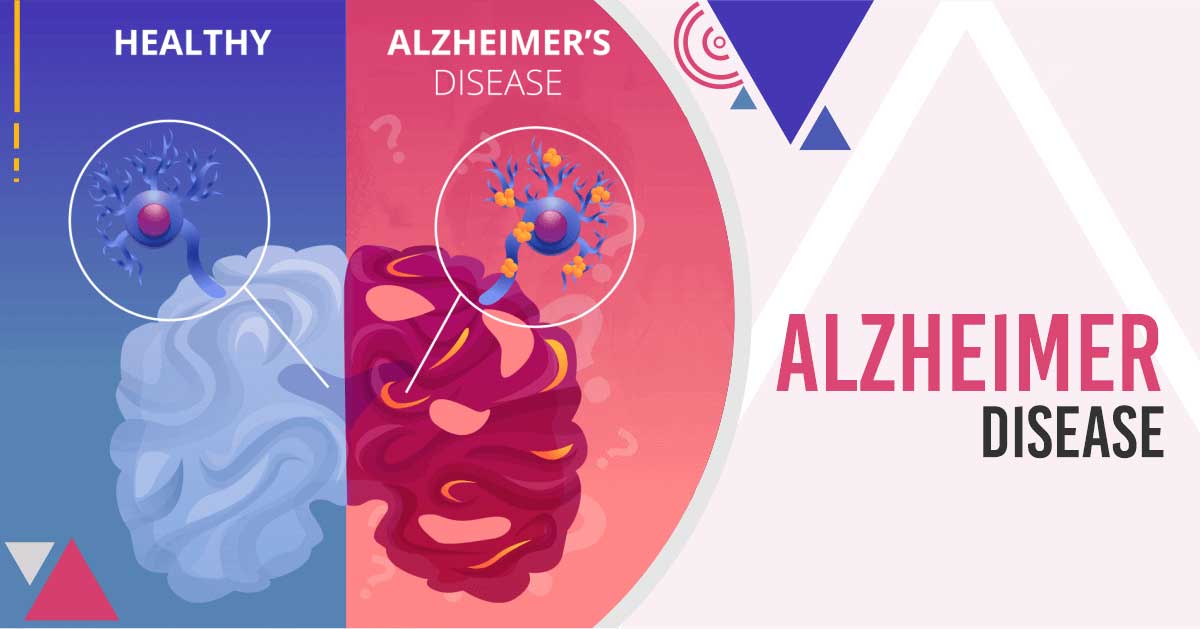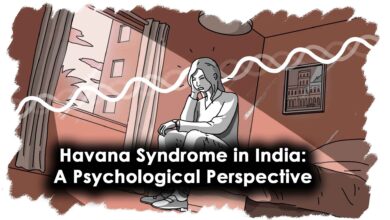Understanding Alzheimer’s Disease: Unraveling the Complexities of Memory Loss


Alzheimer’s disease, the most common form of dementia, is a progressive neurological disorder that profoundly affects memory, thinking abilities, and daily functioning. With a growing aging population, the impact of Alzheimer’s disease is becoming increasingly significant. In this article, we will delve into the intricacies of Alzheimer’s, exploring its symptoms, risk factors, potential causes, and available treatment options, while highlighting the importance of support and care for affected individuals and their families.
Symptoms and Progression
Alzheimer’s disease is characterized by a gradual decline in cognitive abilities and memory function. The following are common symptoms experienced as the disease progresses:
1. Memory Loss
One of the earliest and most prominent signs of Alzheimer’s is short-term memory loss. Individuals may have difficulty recalling recent events, conversations, or familiar faces.
2. Cognitive Decline
As the disease progresses, individuals may experience challenges with language, problem-solving, decision-making, and abstract thinking. They may struggle to find the right words or follow conversations.
3. Disorientation and Confusion
Individuals with Alzheimer’s often become disoriented and confused about time, place, and even personal identity. They may get lost in familiar settings or have difficulty recognizing loved ones.
4. Changes in Mood and Behavior
Alzheimer’s can lead to changes in mood, personality, and behavior. Individuals may become irritable, anxious, agitated, or withdrawn. They may exhibit repetitive behaviors or exhibit poor judgment.
Risk Factors and Causes
While the exact cause of Alzheimer’s disease remains unknown, several factors contribute to its development:
1. Age
Advanced age is the most significant risk factor for Alzheimer’s disease. The risk increases significantly after the age of 65, with the prevalence doubling roughly every five years.
2. Genetics
Certain gene variants, such as the apolipoprotein E (APOE) gene, are associated with an increased risk of developing Alzheimer’s. However, having these gene variants does not guarantee the development of the disease.
3. Family History
Individuals with a family history of Alzheimer’s have a slightly higher risk of developing the disease. However, the majority of cases occur sporadically without a strong familial link.
4. Lifestyle Factors
Some lifestyle factors, such as poor cardiovascular health, obesity, diabetes, smoking, and a sedentary lifestyle, may contribute to an increased risk of Alzheimer’s disease.
Treatment and Care
While there is no cure for Alzheimer’s disease, several treatment approaches and strategies can help manage symptoms and improve quality of life:
1. Medications
Various medications, such as cholinesterase inhibitors and memantine, are prescribed to slow down the progression of cognitive decline and manage specific symptoms associated with Alzheimer’s.
2. Cognitive Stimulation
Engaging in cognitive exercises, such as puzzles, memory games, and activities that promote mental stimulation, can help maintain cognitive function and delay cognitive decline.
3. Supportive Care
Alzheimer’s patients benefit greatly from a supportive and structured environment. This includes maintaining a regular routine, ensuring safety within the living space, and providing emotional support to both the individual and their caregivers.
4. Caregiver Support
Alzheimer’s places a significant burden on caregivers. Support groups, respite care, and accessing professional caregiving services can provide much-needed assistance and guidance for caregivers.
Conclusion
Alzheimer’s disease poses significant challenges for individuals and their families, as it gradually robs individuals of their memories, cognitive abilities, and independence. Understanding the symptoms, risk factors, and available treatment options is crucial in managing the disease and providing compassionate care. As the global prevalence of Alzheimer’s continues to rise, ongoing research, early detection, and effective interventions are essential for improving the lives of those affected by this devastating condition. By fostering awareness and support, we can strive towards a future with better prevention, treatment, and quality of life for individuals living with Alzheimer’s disease.







